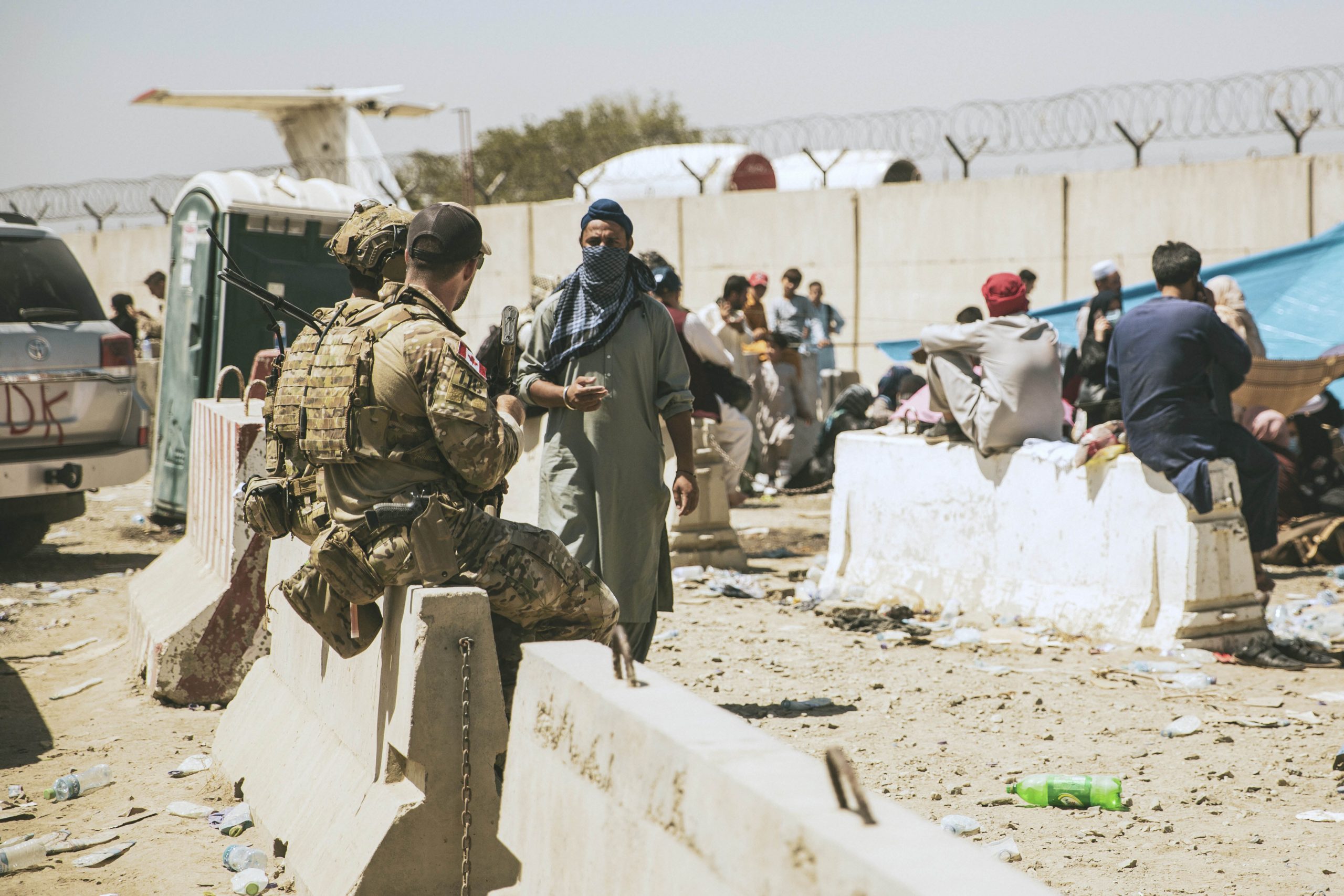A twin suicide
attack took place outside the Kabul airport on Thursday killing at least 13
people and leaving several injured. The United States and other western powers
had warned of the threat earlier. A US official told the press that the Islamic
State is likely to be behind the “complex” attack near the Kabul airport. Sometime
before the suicide attack on Thursday, United States’ President Joe Biden had
said that there is “an acute and growing risk of an attack at the airport by
the Islamic State’s regional chapter called the Islamic State-Khorasan or ISIS-K.
Also Read | Joe Biden warned of potential attack in Kabul multiple times: Report
Here, we go
into what is the Islamic State-Khorasan and why it poses a threat to
Taliban-ruled Afghanistan.
What is
Islamic State-Khorasan?
Soon after
the Islamic State, known as ISIS or ISIS, declared a caliphate in Iraq and
Syria in 2014, breakaway fighters from the Pakistan Taliban joined the
militants in Afghanistan to form a regional chapter. The group pledged allegiance
to Islamic State leader Abu Bakr al-Baghdadi.
Also read | Kabul suicide attack: At least 13 dead, several injured
The Islamic
State-Khorasan was formally recognised by the Islamic State leadership in 2015
after it established control over northeastern Afghanistan, especially in
Kunar, Nangarhar and Nuristan provinces. The group also managed to establish
sleeper cells in other parts of Afghanistan and Pakistan, say United Nations
monitors.
How powerful
is Islamic State-Khorasan?
According
to latest estimates by the UN Security Council, the strength of the Islamic
State-Khorasan is less that 500.
From
where does the group get its name?
The name
Khorasan is a historical name for the area where the group has its base. It
comprises parts of Afghanistan, Pakistan, Iran and Central Asia.
Also read | Children of Afghan refugees in India see ‘dark future’ after Taliban takeover
What
kind of attacks has it carried out?
While the
group behind Thursday’s suicide attack remains to be officially confirmed, the
Islamic State’s Afghanistan-Pakistan chapter has been responsible for some of
the deadliest attacks in the region in recent years. The group has attacked
mosques, shrines and public squares and even hospitals in both Afghanistan and
Pakistan.






